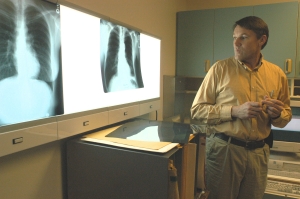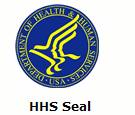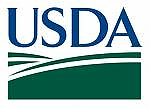People in Libby, Mont. are through licking their wounds and are working to put the acquittal earlier this month of W.R. Grace and its executives behind them.
But many say they live in fear that the innocent verdict offered up by the jury will give the former owner of the asbestos-contaminated vermiculite mine the chutzpa to end the insurance coverage they’ve promised to provide to the hundreds of miners and townsfolk sickened by the lethal fibers the corporation pulled out of the ground.
Montana Sen. Max Baucus today passed some good news on to the tiny town in the state’s northwest corner. He says he got the Department of Health and Human Services to free up $6 million to provide health care for people with asbestos-related illness.
“It’s really great news, and we can use some of that up here,” said Dr. Brad Black, who runs the Center for Asbestos-Related Diseases clinic in town.

Dr. Brad Black. (c) Photo a. schneider
“Everyone was scared to death that Grace would stop paying the little it does pay of the medical expenses of the people here,” Black told me today.
With the high cost of medication, oxygen and hospitalization, the $6 million won’t go very far to provide screenings and health care services to the hundreds of people battling asbestos-related illnesses.
However, the senator says that major help may be on the way as he believes he can get a Public Health Emergency declared for Libby.
Battles had been fought throughout the Bush Administration, by OMB and EPA for years over those three little words.
Paul Peronard, Chris Weis and Aubrey Miller – the trio of EPA emergency response and public health specialists who were the first to arrive in Libby a decade ago – had their careers threatened repeatedly because they saw the need to declare the emergency.
They fought for the designation because it would permit EPA to do the complex cleanup the unique tremolite asbestos demanded, the town needed and would make the government responsible for ensuring the delivery of adequate health care.
The Bush Administration fought the effort because it was trying to force an industry-sponsored asbestos litigation reform act through Congress and wanted no attention brought to the devastation asbestos could impart.
The Democratic lawmaker lambasted the decision to not declare a public health emergency at the time, calling it an “outrage.”
Baucus said a public health emergency would authorize cleanup work in homes and other structures as well as require the federal government to provide screenings and health care for Libby residents with asbestos-related disease.
The public health emergency would be declared by the Environmental Protection Administration.
“I’ve talked with the head of HHS, Kathleen Sebelius and the head of the EPA, Lisa Jackson, and they both know how important it is to help the folks in Libby,” Baucus said
“We all have been working for months together to figure out how to best help folks affected by this tragedy.”
Baucus holds senior positions on oversight committees for both HHS and EPA.
He described his action as a step to bring justice to folks in Libby “who were poisoned at the hands of Grace.
“We expect this Administration to make decisions based on sound science and to right the sins of the last Administration.”


